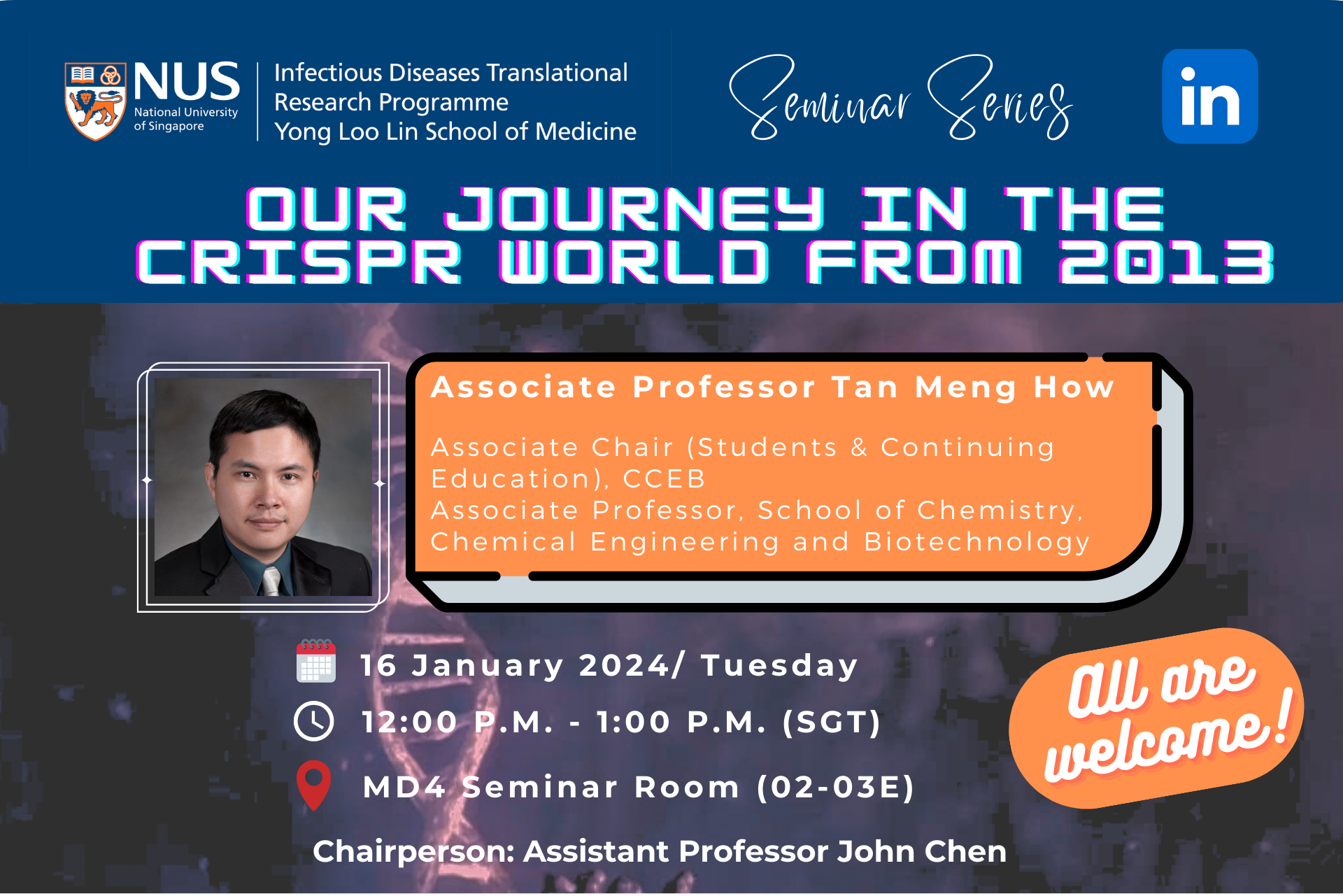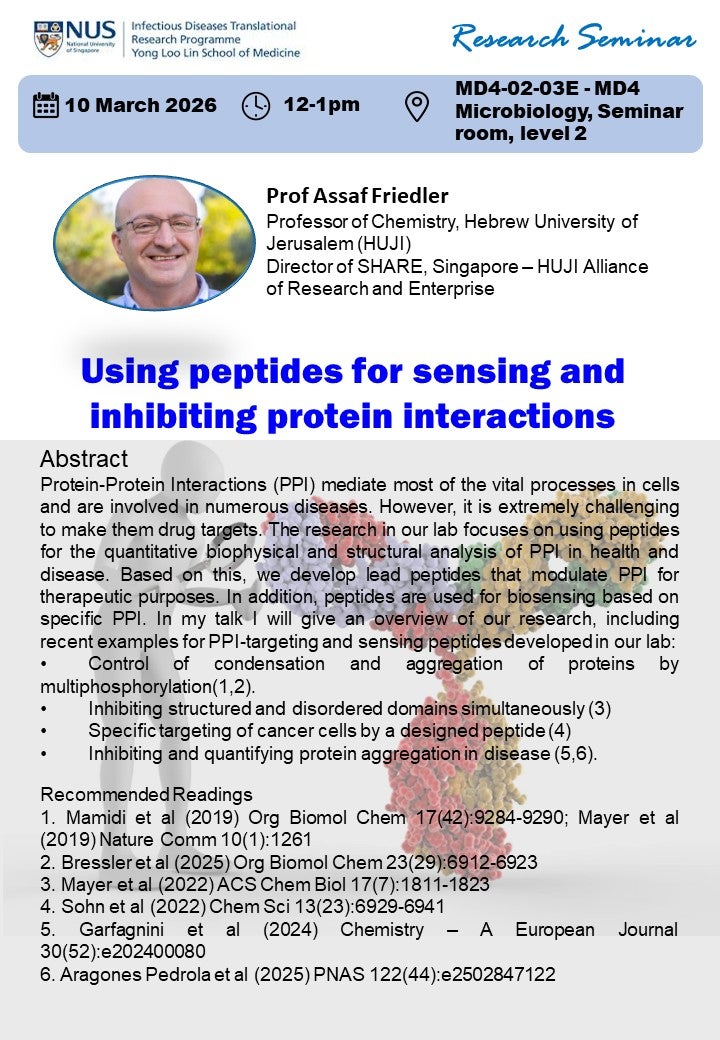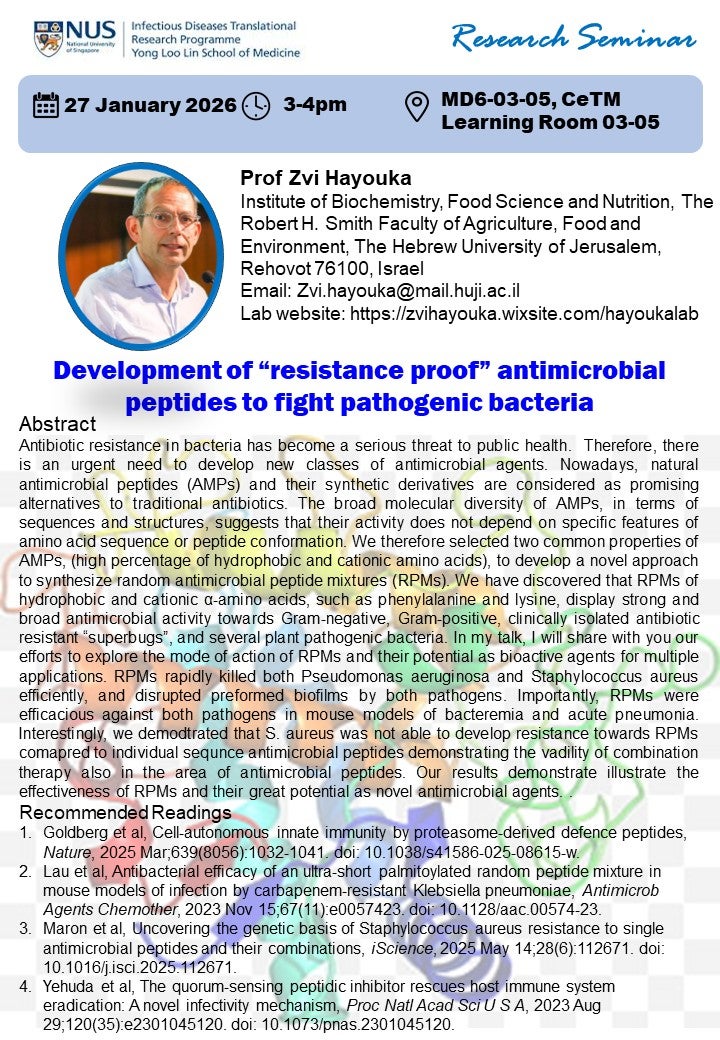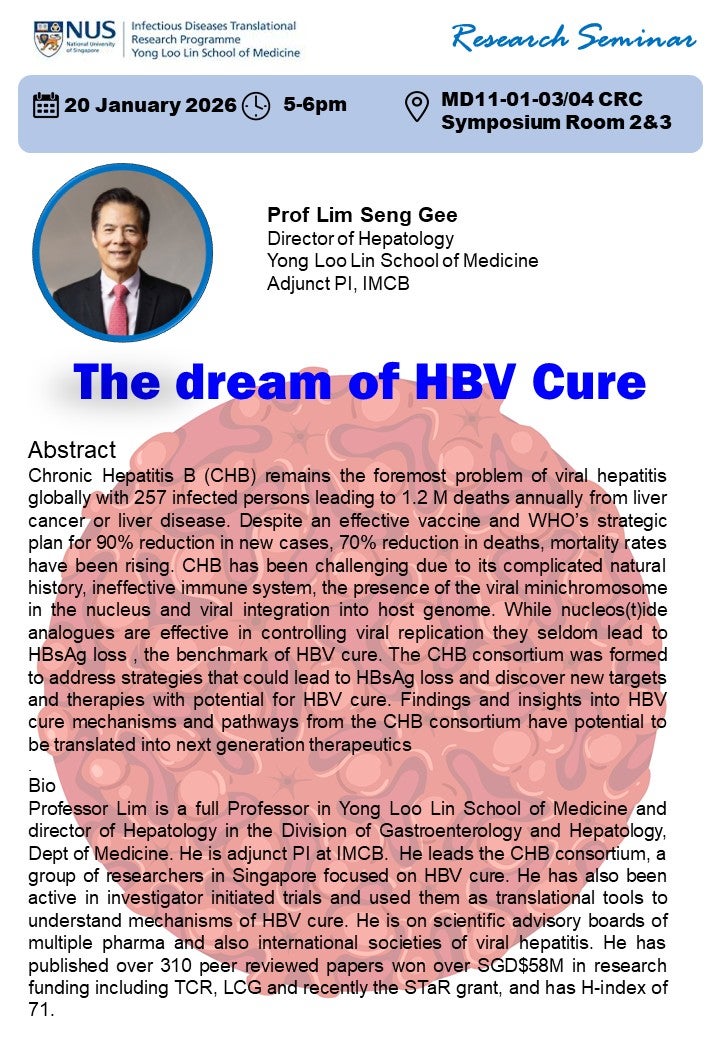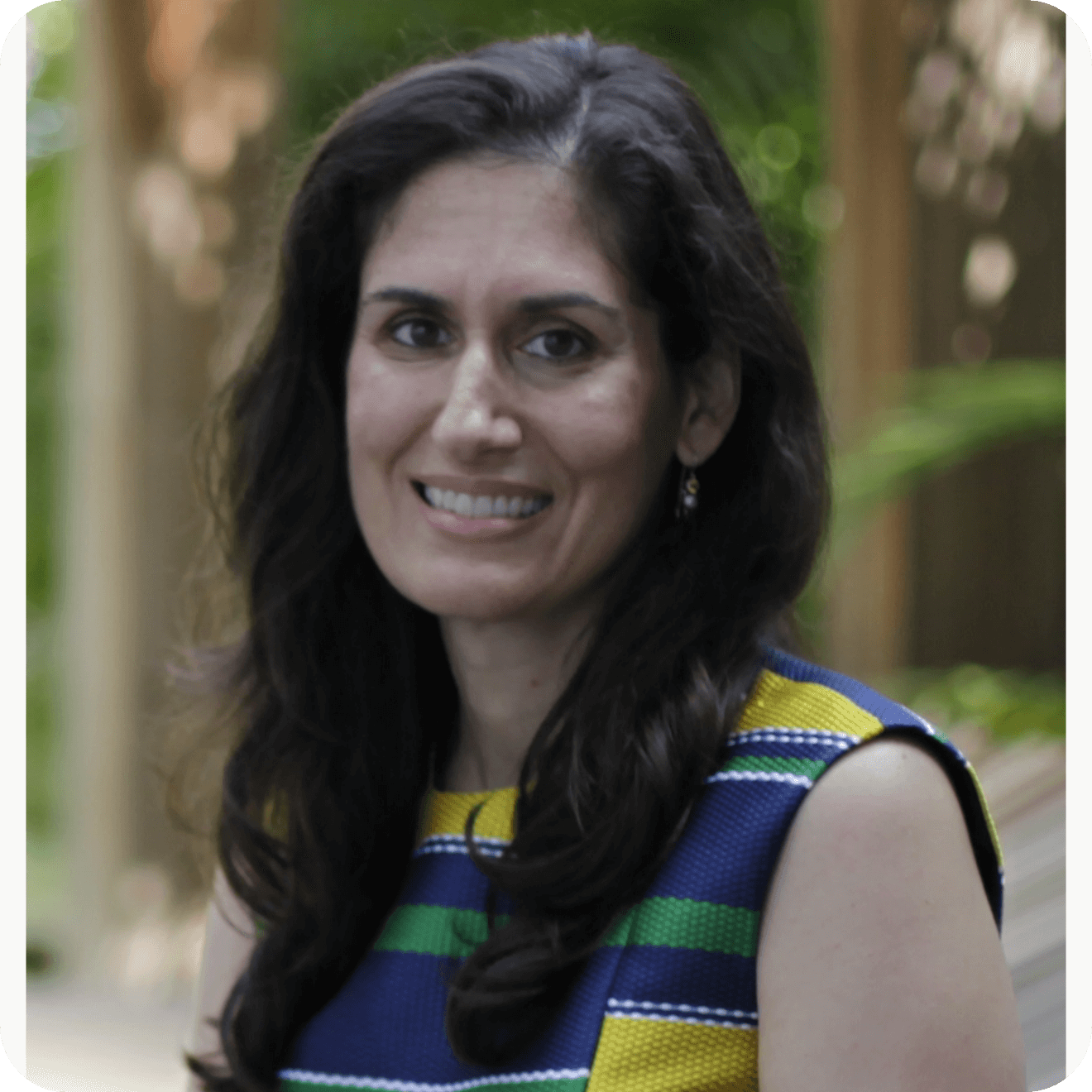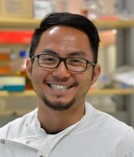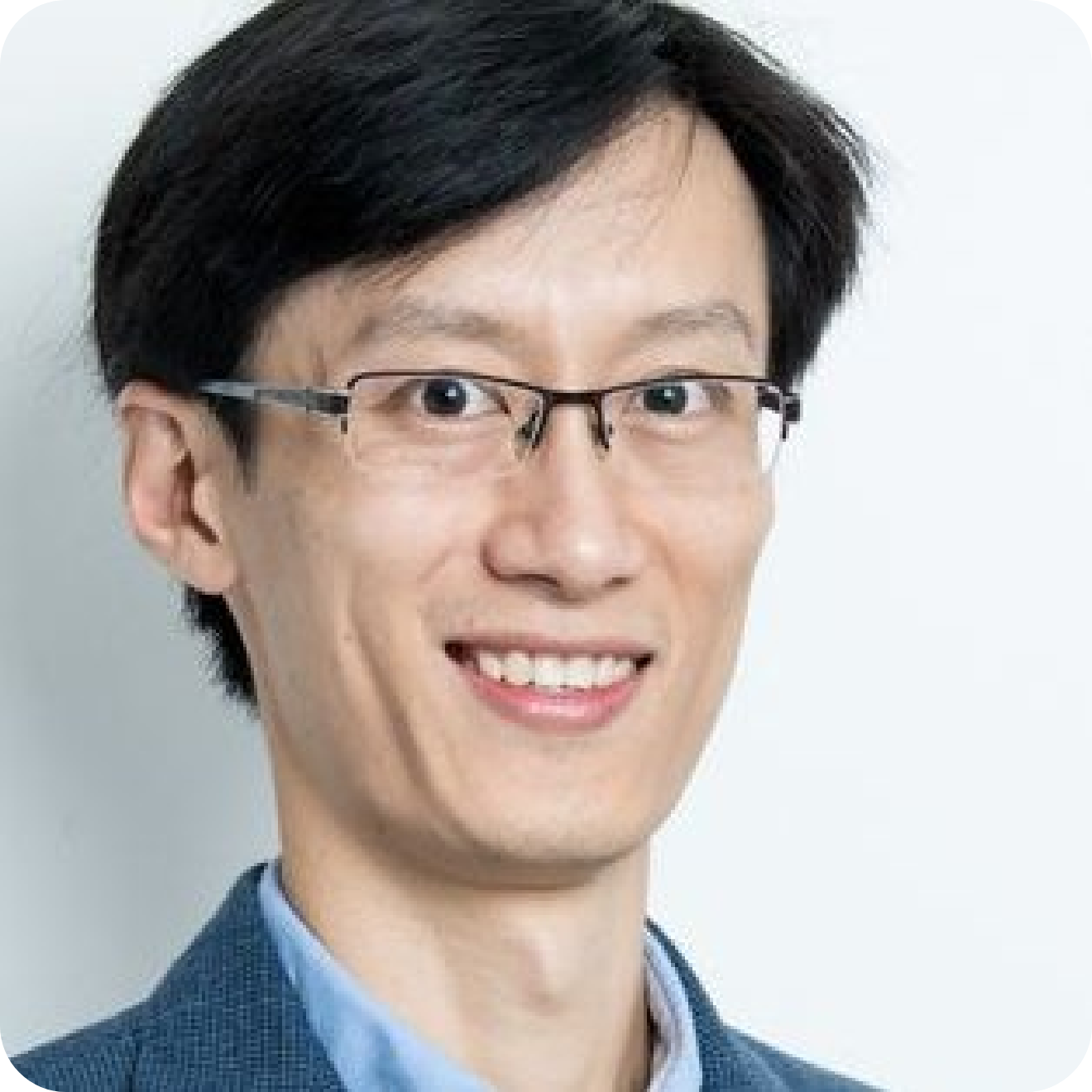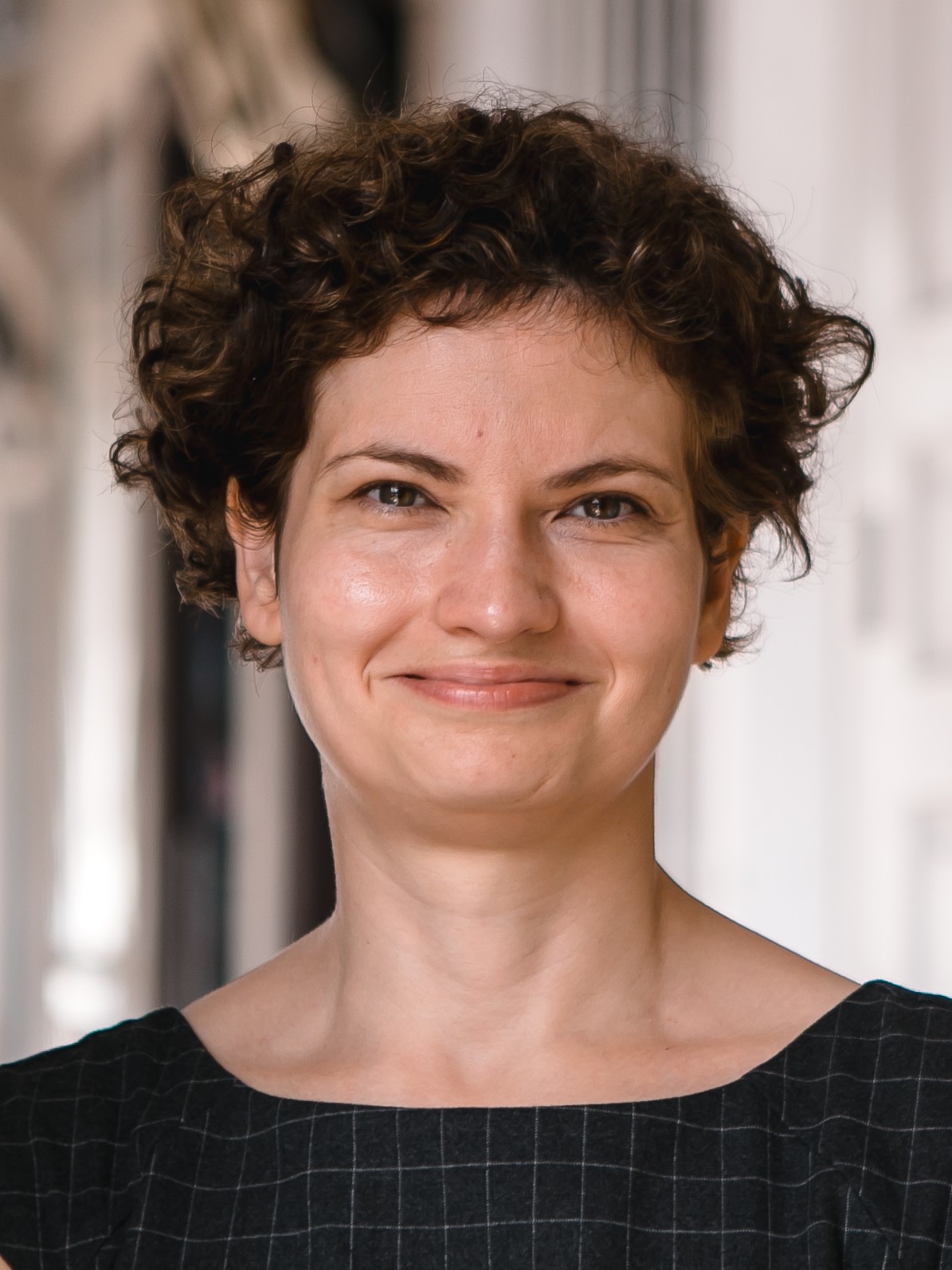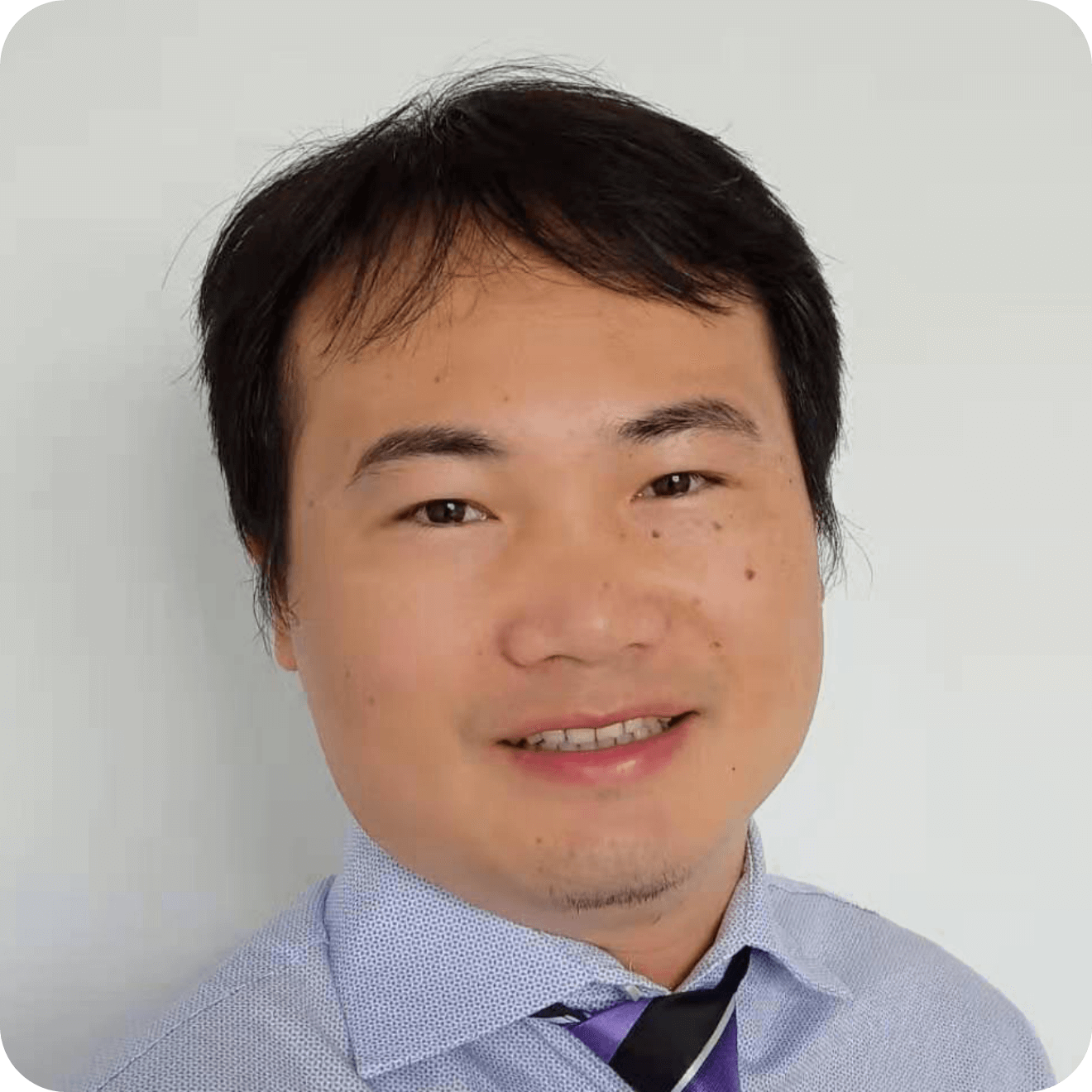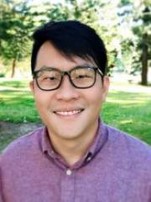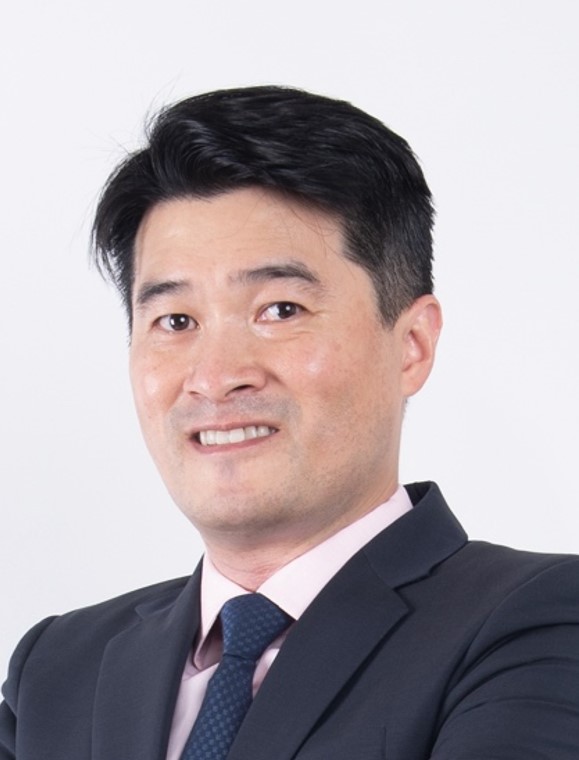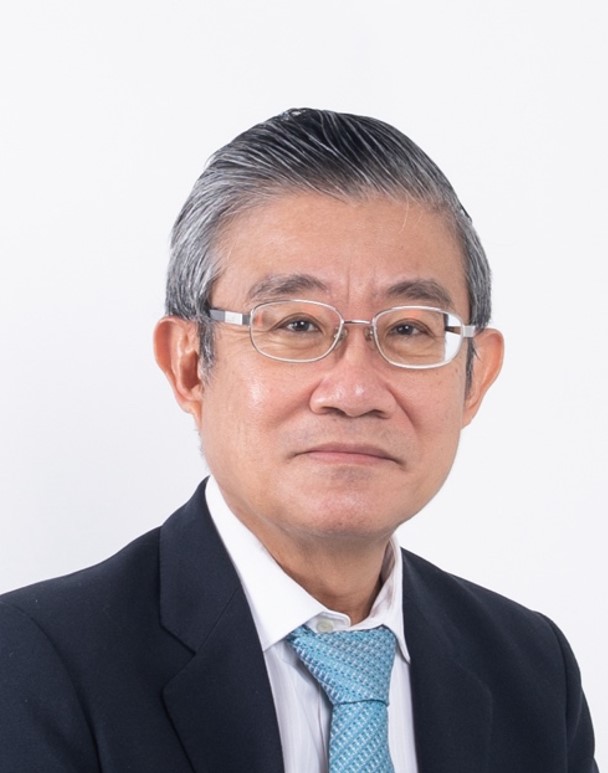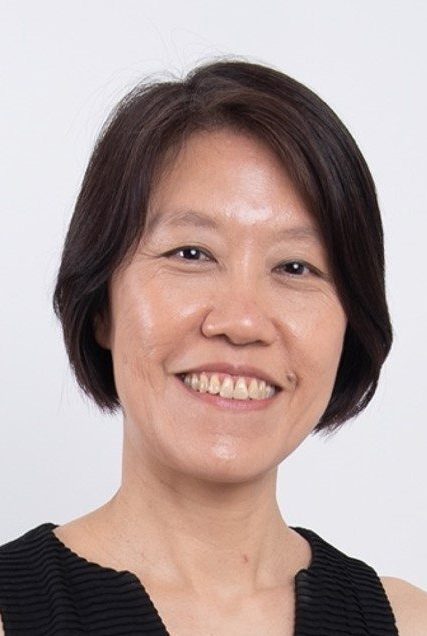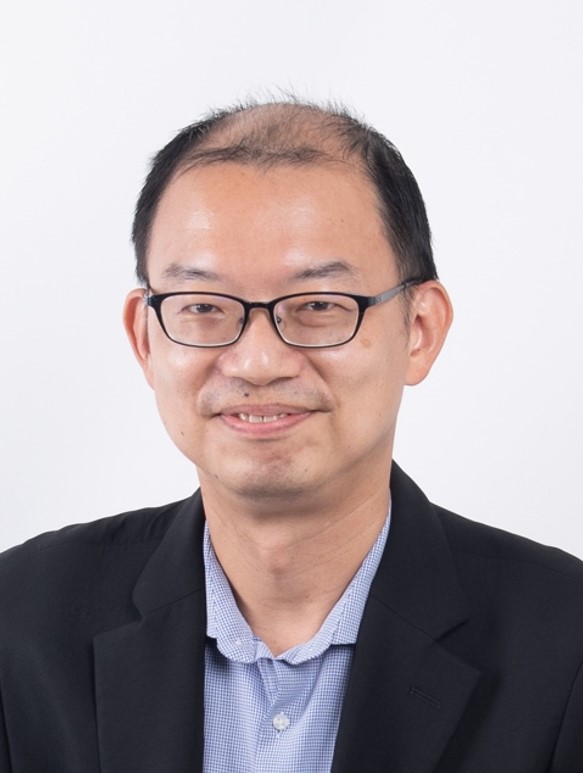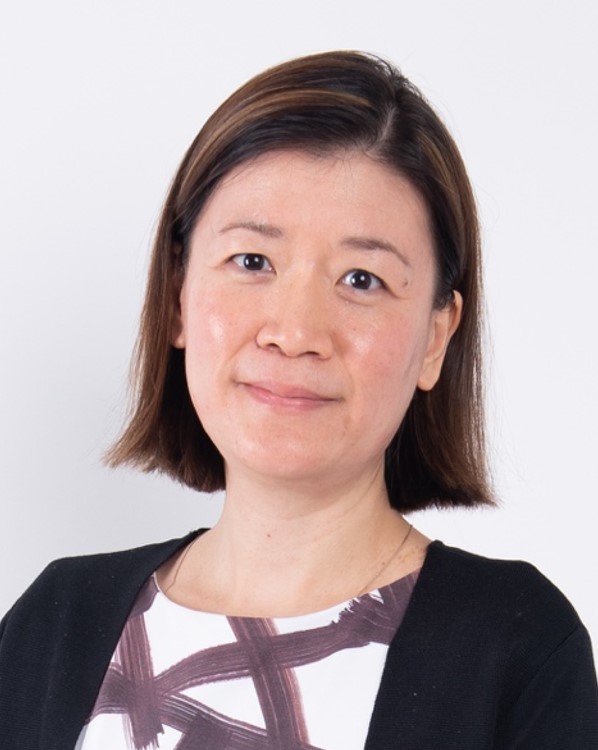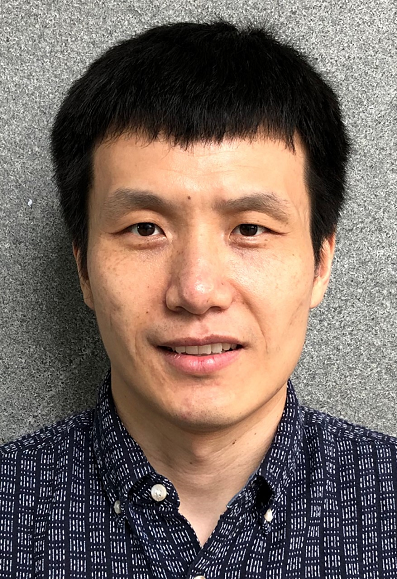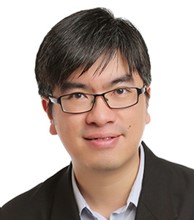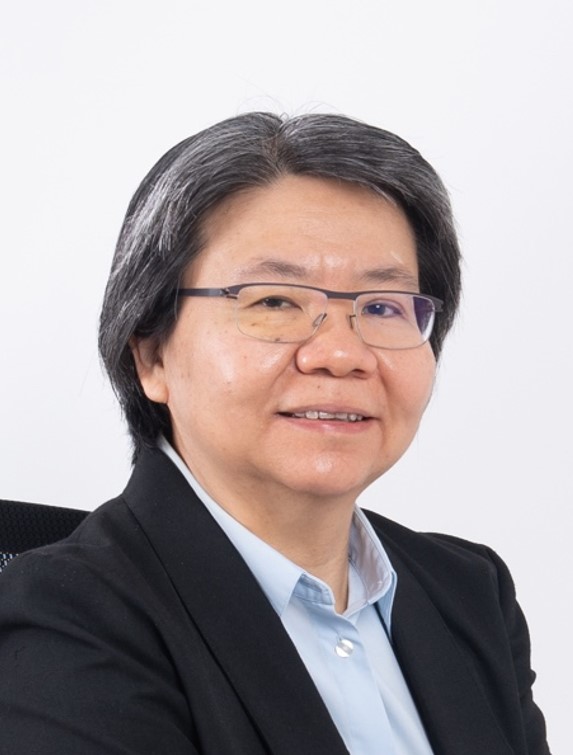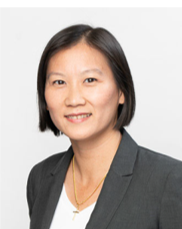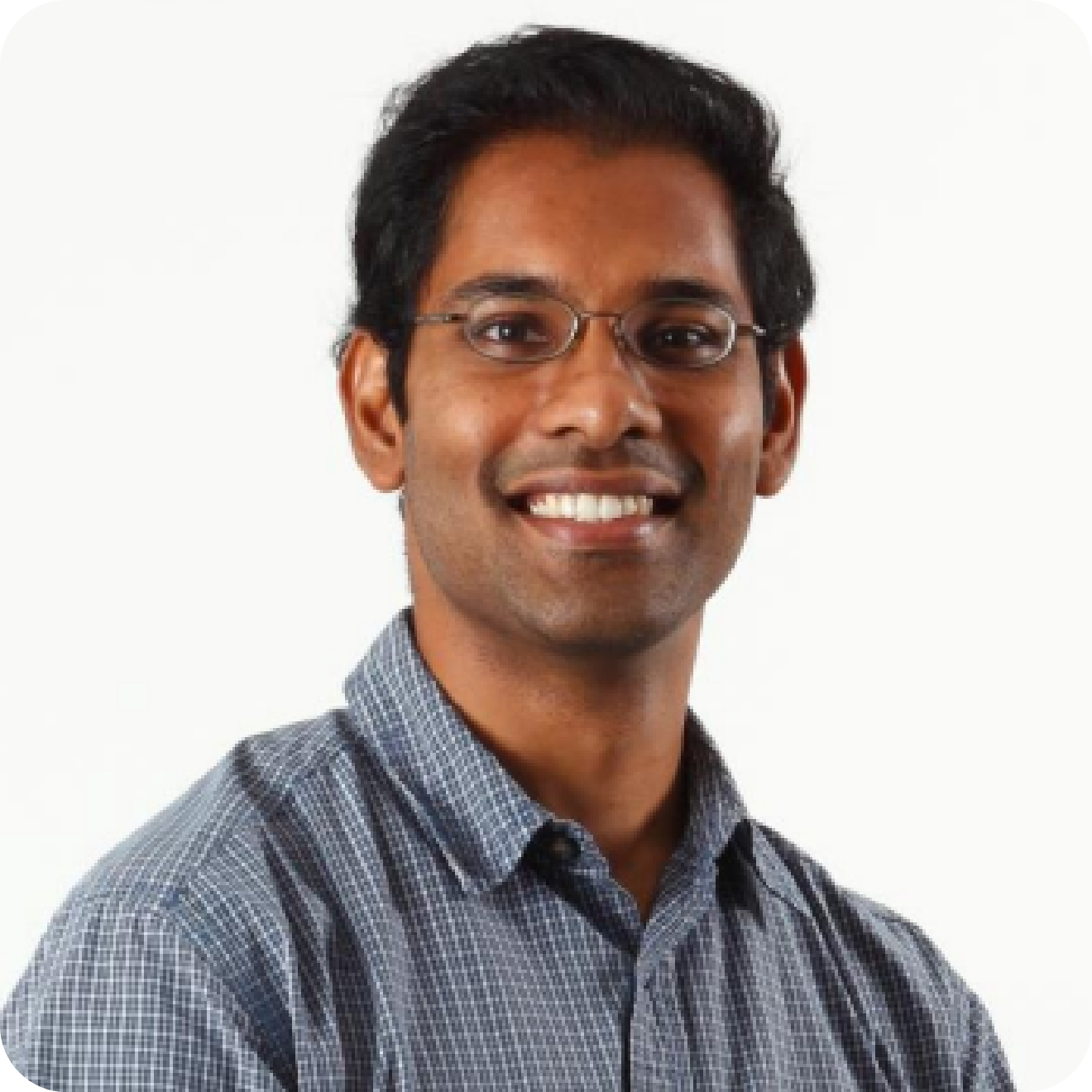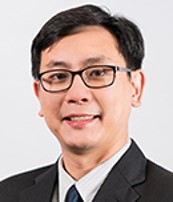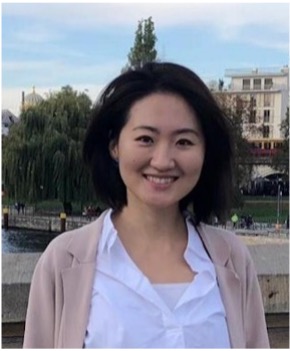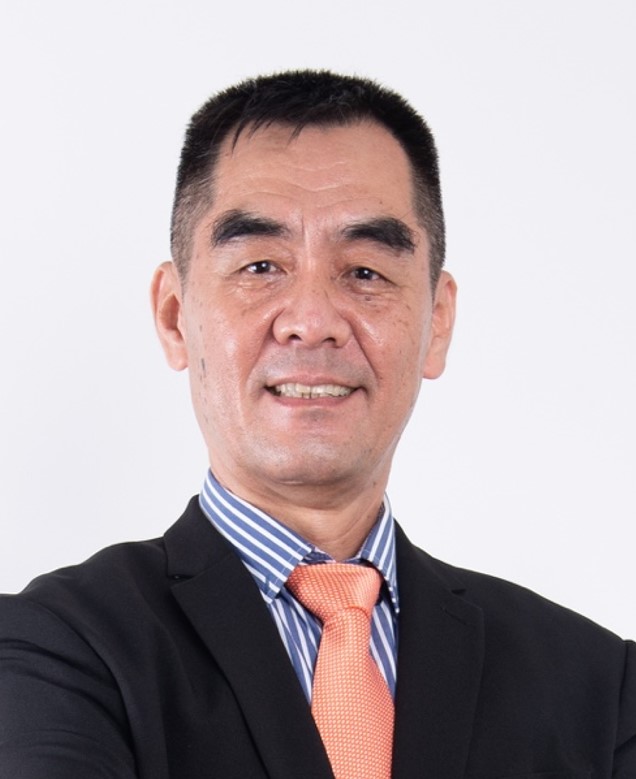Abstract:
The emergence of CRISPR technologies has ushered in a new era in cell engineering. Many biomedical and biotechnological applications, including gene therapy and crop engineering, are enabled by the ease of programming CRISPR-Cas nucleases to target any specific site in the genome or transcriptome. In this talk, I will outline how the field has evolved over the years and share some of our work on the development and application of new CRISPR tools to manipulate DNA and RNA in vitro and in living cells.
Biography
Meng How Tan is a tenured associate professor in the School of Chemistry, Chemical Engineering and Biotechnology (CCEB) at Nanyang Technological University (NTU). He received his bachelor’s degrees in mechanical engineering and economics from University of California Berkeley, his master’s degrees in aeronautics and biomedical engineering from California Institute of Technology and NTU respectively, and his PhD in developmental biology from Stanford University. After postdoctoral training in Stanford, he returned to Singapore to set up his independent laboratory, focusing on the basic biology and translational applications of DNA and RNA editing. To date, he has published corresponding authored papers in top academic journals, including Nature, Nature Methods, Nature Chemical Biology, and Nature Communications. He received the Outstanding Young Principal Investigator Award from AIChE-SLS in 2019 and was named an EMBO Global Investigator in 2020.
